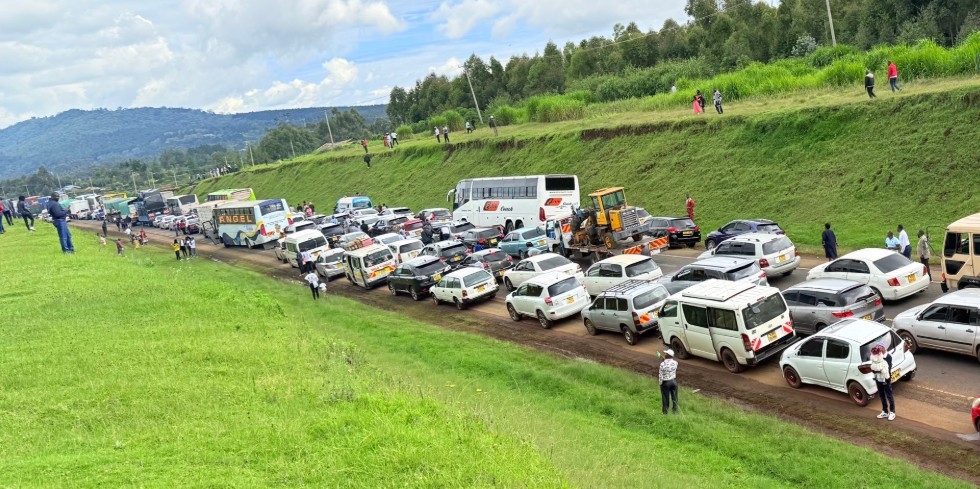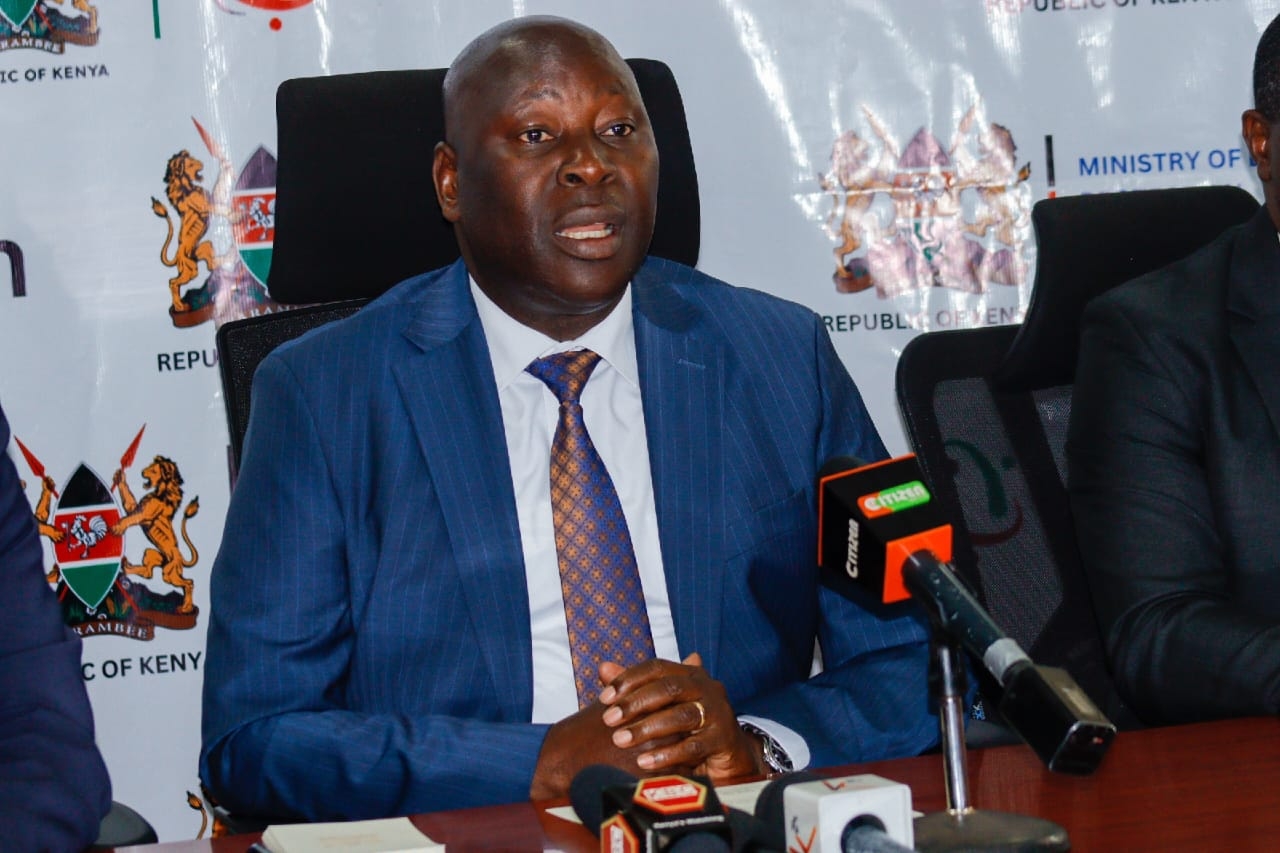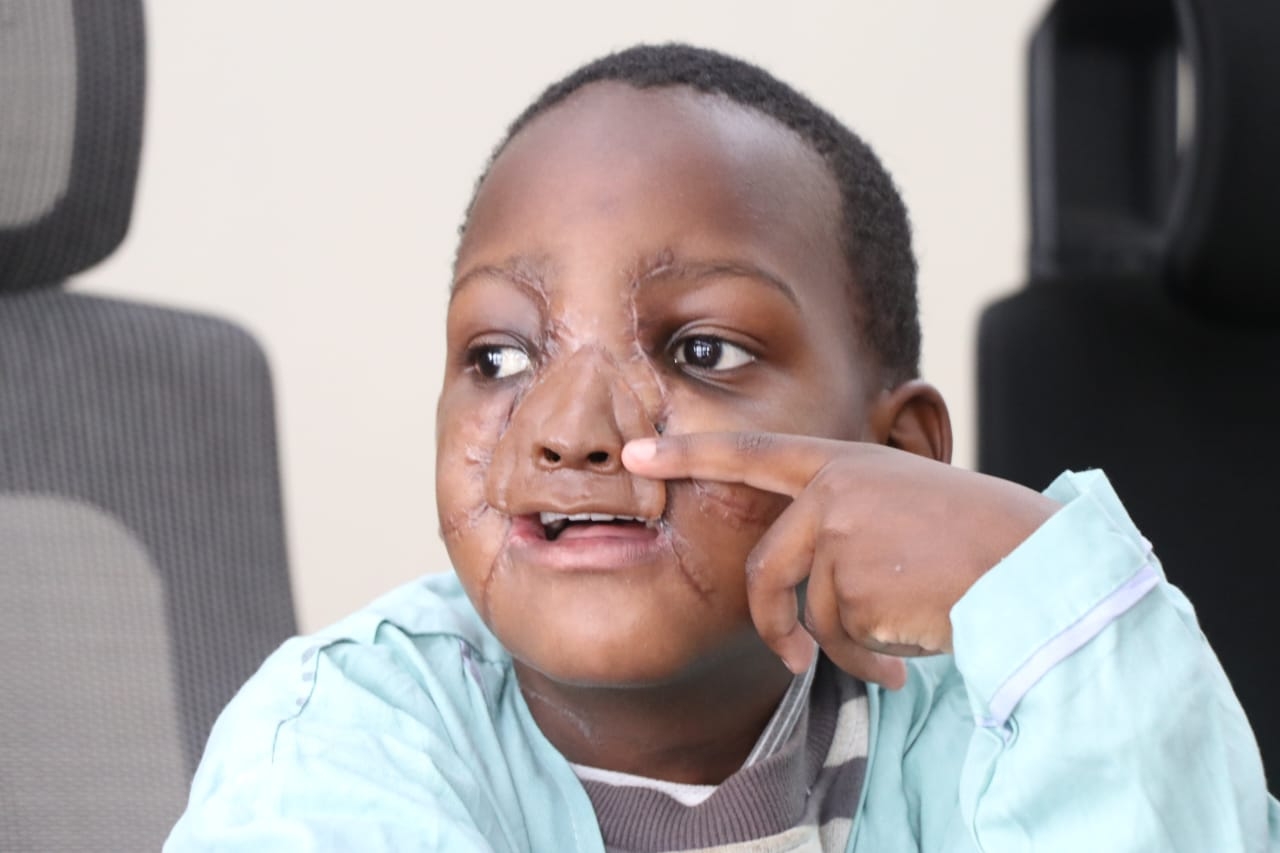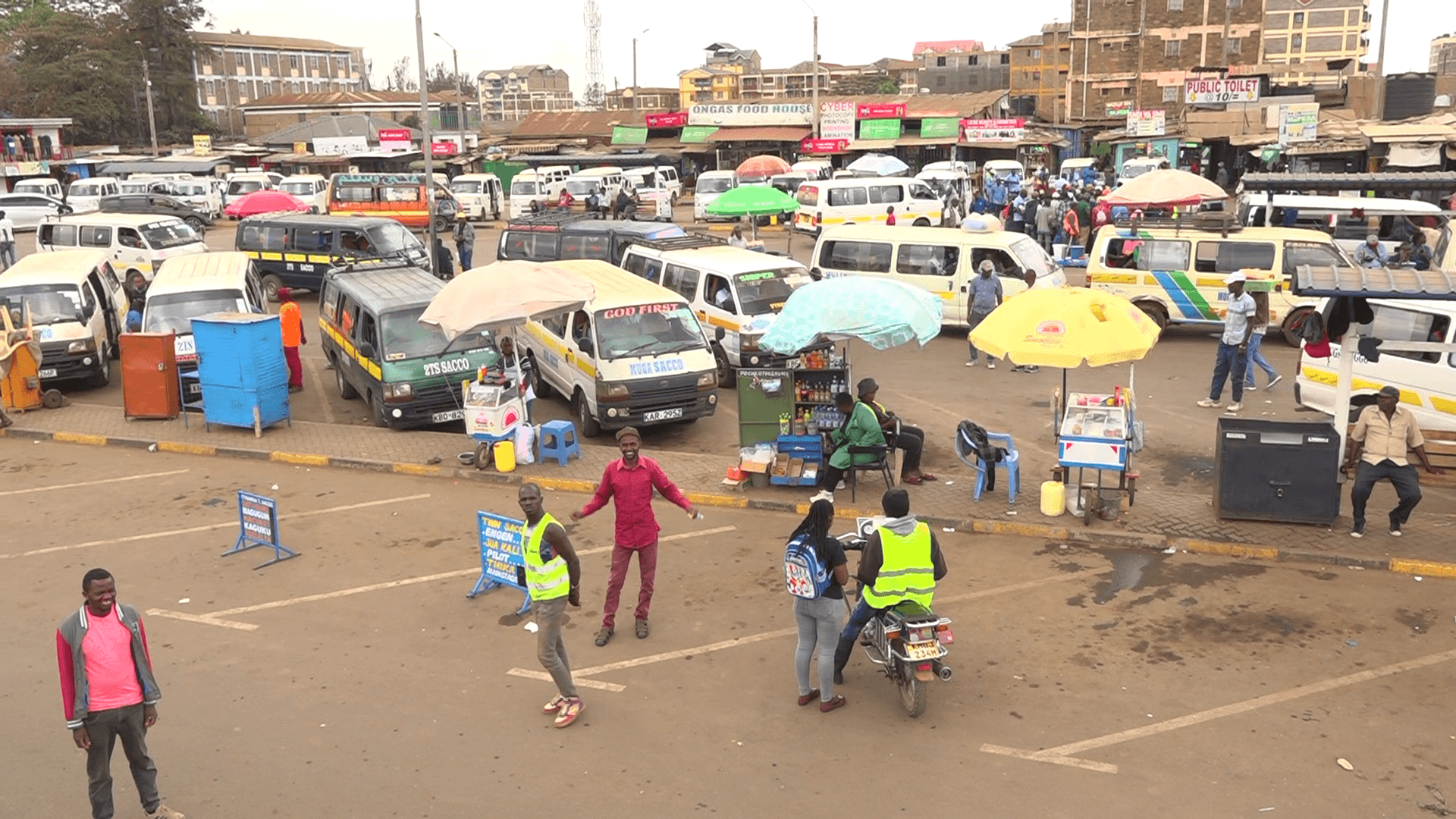Each year, about one million babies are born in Kenya. But more than 200,000 'ghost babies' do not exist legally because their births are not registered.
Their numbers are increasing. The number is double the population of voters in Eldoret North.
Lack of proper documentation means a child can be denied access to schooling, travel documents and other rights.
The government does not know exactly where these children are, making it difficult or impossible to plan for them.
State officials ‘stumbled’ on these children last year while collecting data for the 2022 Kenya Demographic and Health Survey, which was released on Monday.
The survey showed that in some counties, half of all children born there are never registered, which means legally they do not exist.
“Registration is important for establishing legal identity, accessing government services and protecting the rights of children,” said Macdonald Obudho, director general of the Kenya National Bureau of Statistics, which compiled the KDHS report.
Birth registration is the process of officially recording the birth of a child with the office of the registrar.
Part of the problem is that Kenya lacks a proper mechanism to count the number of children who are born, UN agencies say.
Registering a child’s birth is done by notifying local authorities such as chiefs, or the nearest health facility, that a child has been born.
Without this birth notification, the birth certificate — often seen as the most important document a child can have — is out of reach.
However, the survey also notes that most children whose birth is registered do not have a birth certificate.
“Three in four (76 percent) children are registered with the civil registration authority. [Only] 34 per cent of children whose births are registered have a birth certificate,” Obudho said.
Most of Kenya’s ghost children are found in poor families in rural areas.
Most rich Kenyans have birth certificates for their children, the survey shows.
“As household wealth rises, there is a corresponding increase in the registration of births,” the survey indicates.
Urban areas have a greater proportion of registered children’s births than rural areas (81 percent versus 73 percent).
Nyeri county has the highest proportion of children under age five whose birth is registered with civil authorities (96 per cent), whereas Wajir county has the lowest (50 percent).
“Turkana county has the lowest percentage of children with birth certificates (eight per cent), while Nyeri has the highest (58 per cent),” Obudho said.
Residents are considered children if they age 17 and younger
In Kenya, these 'ghost children' are also more vulnerable to exploitation and forced marriage. In many cases, children have been wrongly treated as adults by the legal system, rather than children, when defiled or when accused of a crime.
However, the demographic survey showed Kenya is making improvements. “The proportion of de jure children under age five whose births were registered has increased from 60 percent in 2008-09 to 67 per cent in 2014 and 76 per cent in 2022,” it noted.
“The percentage of children registered with civil registration authorities in rural areas increased from 57 per cent in 2008-09 to 73 per cent in 2022.”
According to WHO’s assessment of Kenya’s vital statistics, the country has limited capacity to count births, deaths and causes of death, as a result of a weak civil registration system.
“This is despite the legal obligation to register all births and deaths in the country,” WHO said when it released its audit of Kenya's civil registration and vital statistics last year.
WHO added: “Not counting people when they are born, for instance, means that they are likely to be invisible to key services, and they may face barriers to accessing health, education and other services.”
Another cause of poor registration was identified as the complexity of the system whereby a parent needs to visit many poorly coordinated offices to obtain a birth certificate.
According to the 2019 Kenya Population and Housing Census report, 409,014 unregistered children were found in villages and 76,734 in urban areas in all counties.
It is the parent's responsibility to notify the local administrators or health facilities when a child is born at home.
Chiefs and their assistants should also ensure all births within their localities are registered.
The notification shows the child's name, sex, date and place of birth, and the names of parents.












